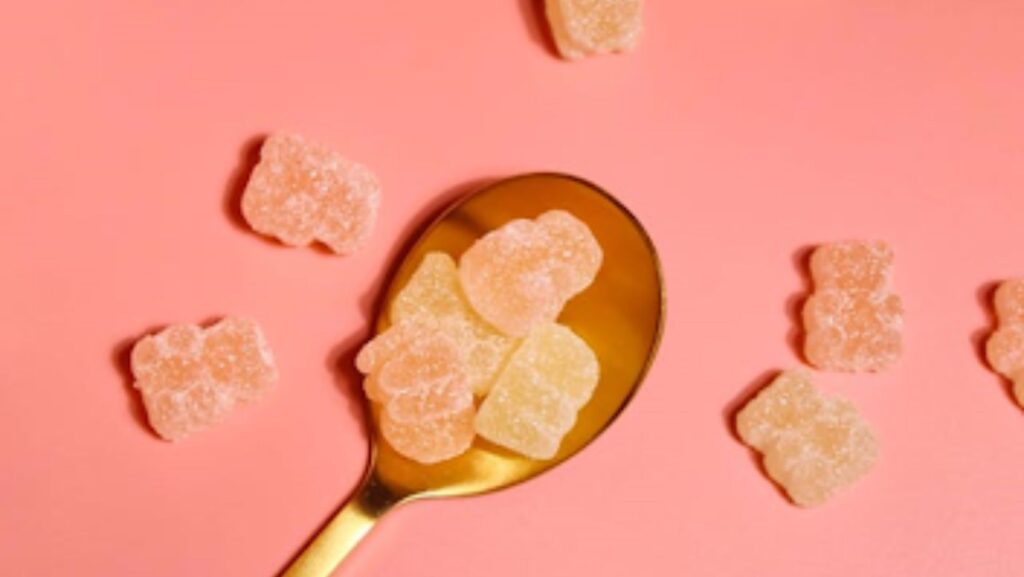Depression and alcohol are very much interconnected these days; the two are inseparable, making it hard to let go of one without struggling with the other. Some patients self-medicate by consuming alcohol because it can help ease the emotional discomfort associated with depression, but alcohol only worsens these signs. It is necessary to get out of this loop and free oneself from the connection between alcohol and depression.
How Alcohol Affects Mental Health
Alcohol is a depressant; it can have a huge impact on mood and brain chemistry. At the same time, some may drink to feel better temporarily; alcohol ultimately lowers serotonin levels, the brain chemical that regulates mood. This can make feelings of sadness, hopelessness, and despair more intense over time. Instead of improving mood, alcohol often worsens depression.
The Cycle of Alcohol and Depression
The relationship between alcohol and depression is normally cyclical in nature. Depression is a condition that may make people drink in order to numb the pain they feel. However, the depressant influence of it may even decrease their mood and make them continue their drinking habits. It is this cycle that can make it hard to disengage from depression as well as alcohol use.
Alcohol is consumed by depression patients so that they can attempt to treat the illness themselves. In this case, rather than opting for seeking medical attention, they prefer to numb those feelings with alcohol intake. Even if alcohol may do something to alleviate the feelings of depressions temporarily it does not address the root cause of the illness hence making it more difficult to cope with the illness.
The Impact of Alcohol on Mental Health
Alcohol has several ways of impacting mental health, which can exacerbate depression:
Impaired Cognitive Function
The impact include loss of decision making, impaired memory and judgment which makes it even harder to deal with conditions like depression.

Disrupted Sleep
While alcohol can give a person the feeling of drowsiness, it interferences with the ability to have a sound sleep which results in restlessness and fatigue, all of which are contributing factors to depression.
Increased Anxiety
Alcoholics may think that they can use alcohol as a coping mechanism to deal with anxiety or depression. But, instead of making it better it leads to making your anxiety worse.
Breaking the Cycle of Alcohol and Depression
To break the continous cycle of alcohol and depression, it is important to address them. Here is what you can do to address them:
Seek Professional Help
Alcohol use and depression are treatment proven to be treatable by therapy and counseling. A mental health professional can provide the resources necessary for handling symptoms and decreasing alcohol intake.
Find Healthy Coping Strategies
People can replace alcohol consumption with exercise, meditation, and a mindfulness technique. Such activities are good for the mind and can be used in order to relieve stressful situations.

Join Support Groups
One of the ways in which people with alcohol and depression get to benefit from social support group is Alcoholics Anonymous (AA), a group that offers fellowship to the troubled personalities. These groups can give beneficial suggestions as well as provide social support.
Take an Online Addiction Course
An online addiction course can help a person get more understanding of the link between alcohol and depression and how to overcome them.
Conclusion
Depression and alcohol are closely related to each other and understanding the relationship is the key to recovery. It is possible to overcome it with the help of professional help, creating better coping mechanisms, and with the help of support resources available.



